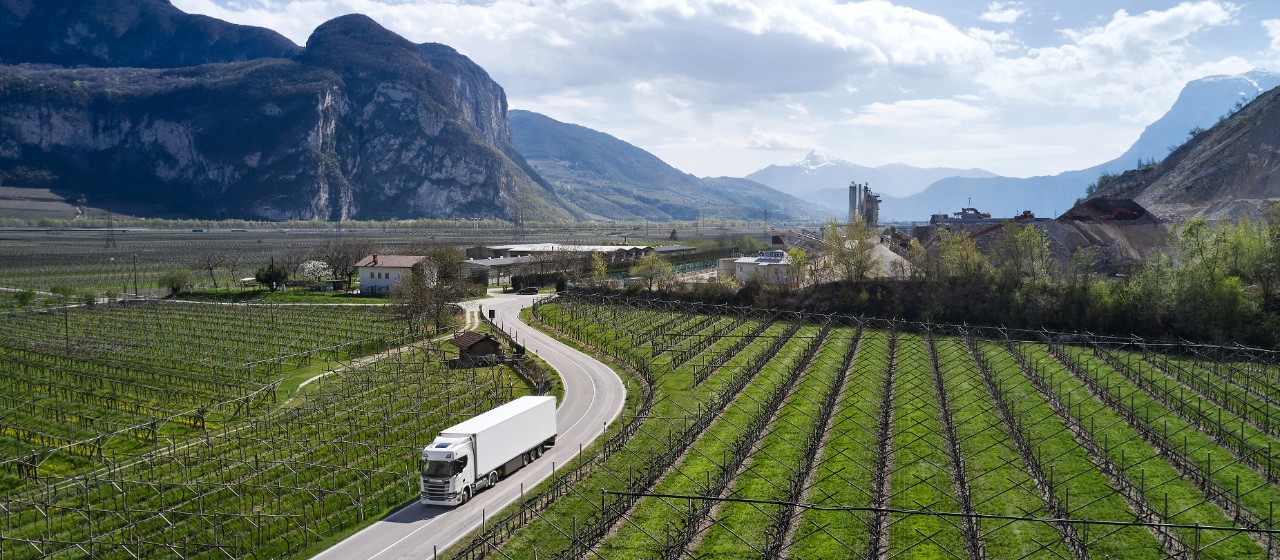
Scania supports accelerated production and use of biomethane in partnership
28 SEPTEMBER 2022
A new initiative called the Biomethane Industrial Partnership has been initiated by the European Commission. The aim is to increase the production of biomethane tenfold. Scania is co-founder and represents the transport sector in this partnership.
Biomethane is the most rapidly scalable and cost-efficient renewable gas available. But scaling up biomethane production and use requires coordination and structuring of projects as well as alignment on effective policies. That is why the European Commission now creates the Biomethane Industrial Partnership, a public-private initiative that will work towards achieving the target to increase biomethane production and use in the EU to 35 billion cubic metres by 2030.
Availability and acceleration
As a co-founder, Scania plays a major role in this partnership. To take action and make transport a priority area when it comes to the usage of biomethane enables the transition to a more climate-friendly transport sector.
“To use biomethane is simple, and has great impact. Transport should be top of mind when considering areas of use. With this partnership, Scania wants to contribute to accelerating the production and show the high demand from heavy road transport,” says Stefan Dorski, Head of Trucks, Scania.
Recently, Scania presented two new powerful biogas engines in response to an increasing customer demand. Gas trucks will contribute to the fulfilment of Scania’s science based targets to reduce the CO2 emissions from our products by 20% overall between 2015 and 2025.
The reasons to ramp-up biomethane
There are three reasons why the European Commission thinks it’s time to ramp up biomethane in Europe. Firstly, the ability of biomethane to increase Europe’s security of energy supply and reduce the EU’s dependency on imported natural gas from Russia, secondly, the cost competitiveness of biomethane and thirdly that biomethane is a sustainable, renewable energy carrier. As it is mainly derived from waste, such as from agriculture, biomethane supports circular energy models and has many positive effects for local communities.